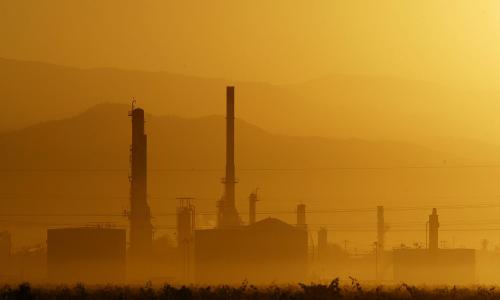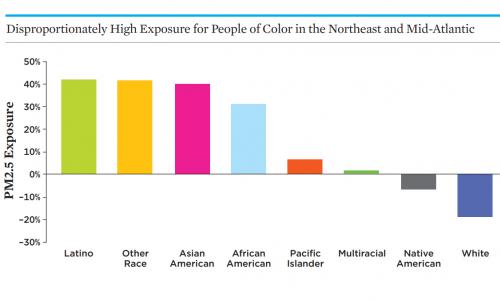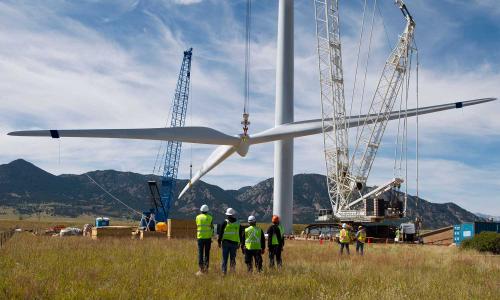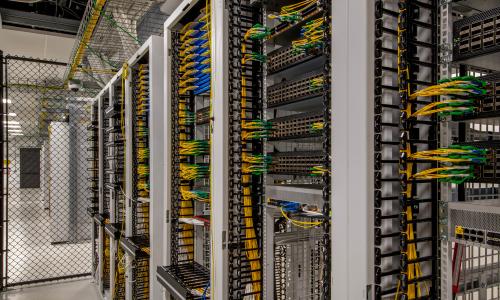The costs of gas, fuel, and other fossil fuels extend far beyond the gas pump or electric bill. Just ask a scientist.
What's at stake
In the US, transportation is now the largest source of heat-trapping emissions. The link between these emissions and climate change demonstrated by the increases in extreme weather like wildfires, drought, and flooding are clear. The fossil-fueled passenger cars and light-duty trucks we use to get around contributed in 2022 to a whopping 57 percent of the country’s total transportation emissions while the bigger vehicles, like delivery vans and semi-trailer trucks, contributed an additional 23 percent.
And it’s not just the climate that’s in danger. The use of fossil fuels has many significantly detrimental effects on our public health.

The health impacts of burning fossil fuels
Nearly 1 in 3 people living in the US—an estimated 120 million—are exposed to unhealthy levels of air pollution. Much of that pollution comes from cars, trucks and buses, which release particulate matter, nitrogen oxides, and other toxic emissions.
The health risks of air pollution are extremely serious. Poor air quality increases respiratory ailments like asthma and bronchitis and increases the risk of death from cardiovascular and pulmonary diseases, as well as cancer. It increases infant mortality, damages the nervous system and the brain, and there is growing evidence that it contributes to psychiatric disorders and diabetes. Particulate matter contained in emissions from combustion is single-handedly responsible for up to 50,000 premature deaths each year.
These impacts all carry substantial medical costs, both for individuals and the health care system. Phasing out petroleum in the United States is a key strategy to reduce them.
We need to phase out fossil fuels
Thankfully, the transition to cleaner vehicles that produce no tailpipe emissions is underway, but the transition away from petroleum needs to speed up to reduce emissions as fast as possible. At the same time, we need to be intentional about how we phase out gasoline and diesel production so that the people and communities who depend on oil production and refining for their livelihoods and local economies can plan for this future.
The best climate science currently suggests we have until mid-century to dramatically clean up the transportation sector. In that time, we must transition away from oil, while deploying new technologies that cut global and local pollution, ensure equitable access, and support our climate goals.






